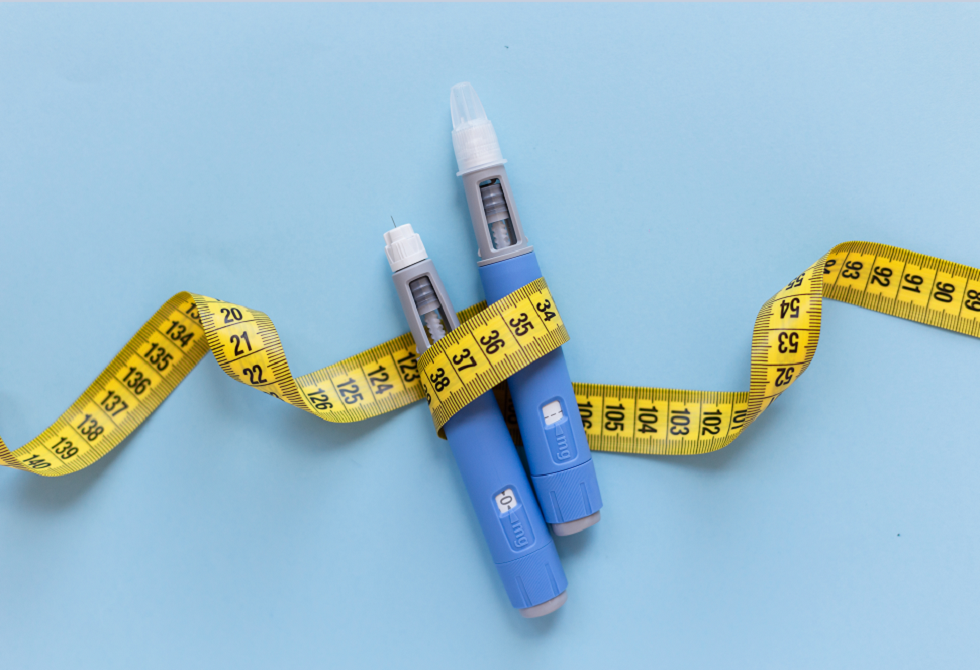Scientists have shown that the drug “Semaglutide,” used for diabetes and weight loss treatment, can reduce cocaine-seeking behavior in rats, opening potential avenues for addiction treatment in humans.
Researchers from the University of Gothenburg in Sweden and the University of Pennsylvania in the United States conducted an experiment on male rats, which were allowed to obtain cocaine by pressing a lever inside their cage. A test group of 10 rats was treated with the drug before being given access to the drug.
The results showed a 26% decrease in cocaine use compared to the control group. Researchers also noted that after a period of abstinence, cocaine-seeking behavior dropped by 62%, and the motivation to obtain it decreased by 52%.
Professor Elizabeth Gerlehag, the study leader, said: “This is the first trial showing the potential of Semaglutide as a treatment for cocaine addiction, a field currently lacking effective pharmacological therapies. We still need larger studies to confirm the results in humans, but the findings are very promising.”
Semaglutide belongs to a class of GLP-1 receptor agonists, which have revolutionized the treatment of excess weight and now show promising results in addressing some mental health and addiction issues.
Professor Christian Hendershot from the University of Southern California commented: “This study provides additional evidence that GLP-1 receptor agonists can reduce cocaine addiction and encourages future clinical trials to find effective treatments for stimulant use disorder.”
The study was published in the European Journal of Neuropsychopharmacology.












Recommended for you
Talib Al-Rifai Chronicles Kuwaiti Art Heritage in "Doukhi.. Tasaseem Al-Saba"
Exhibition City Completes About 80% of Preparations for the Damascus International Fair Launch
Unified Admission Applications Start Tuesday with 640 Students to be Accepted in Medicine
Egypt Post: We Have Over 10 Million Customers in Savings Accounts and Offer Daily, Monthly, and Annual Returns
His Highness Sheikh Isa bin Salman bin Hamad Al Khalifa Receives the United States Ambassador to the Kingdom of Bahrain
Al-Jaghbeer: The Industrial Sector Leads Economic Growth